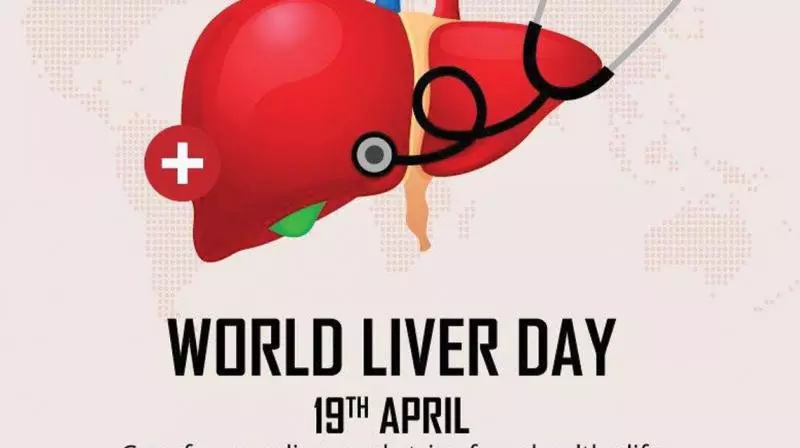City Doctors Warn: Modern Diets Fuel Liver Disease Surge

As World Liver Day (April 19) draws near, doctors in the city emphasise the escalating concern of fatty liver disease and other liver conditions among all age groups, including children, and the negative impacts of modern dietary habits, particularly the high consumption of processed foods.
"These foods contribute directly to liver strain through fostering conditions like fatty liver disease, insulin resistance, and systemic inflammation," Dr Singh explained.
Explaining the liver's critical role in overall health, Dr Dharmesh Kapoor, senior hepatologist and liver transplant specialist, “Liver diseases are significant yet largely preventable. The liver, a key player in our digestive system, processes everything we ingest, including food, drink, and medicine. It’s essential for fighting infections, regulating blood sugar, removing toxins, controlling cholesterol levels, and aiding digestion through bile production.” He noted that without proper care, the liver can be easily damaged, leading to advanced symptoms like appetite loss, weight loss, and jaundice, which are signs of significant liver damage.
To counteract these risks, Dr Sachin Daga, hepatobiliary pancreas and liver surgeon, recommended substantial lifestyle changes. “Avoid prolonged sitting; take short walks regularly. Include a robust amount of vegetables—400-500 grams daily—and proteins from legumes or lean meats in your diet,” he advises.
Beyond dietary choices, Dr Singh highlighted other lesser-known factors that affect liver health. "Many people are unaware that apart from poor dietary choices, factors such as certain medications, chronic viral infections like hepatitis B and C, and genetics can heavily influence liver health," she stated. She also spoke about the importance of regular screenings to maintain liver health. According to the doctor, liver function tests (LFTs), which measure enzyme and protein levels, alongside imaging tests such as ultrasounds or MRIs, are crucial. "For those at higher risk, screenings for viral hepatitis and liver cancer are indispensable to detect issues before they develop into severe health problems," she added.
She urged the public to be vigilant for symptoms indicative of liver conditions such as persistent fatigue, abdominal pain or swelling, jaundice, unexplained weight loss, and dark urine. "Recognising these symptoms early can be the key to effective management and treatment of liver diseases," she said.
Dr Kapoor also highlighted the importance of vaccination, “Protect yourself against hepatitis, which can be caused by viruses or harmful substances like alcohol. Vaccines are available for hepatitis A and B, which are vital in preventing the disease that often leads to jaundice, poor appetite, and malaise without noticeable symptoms.”

